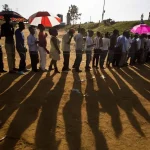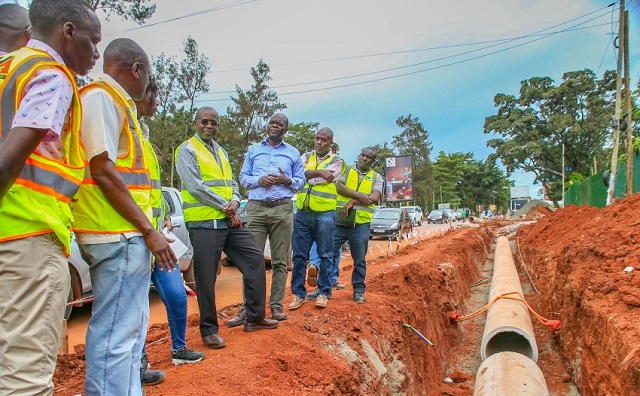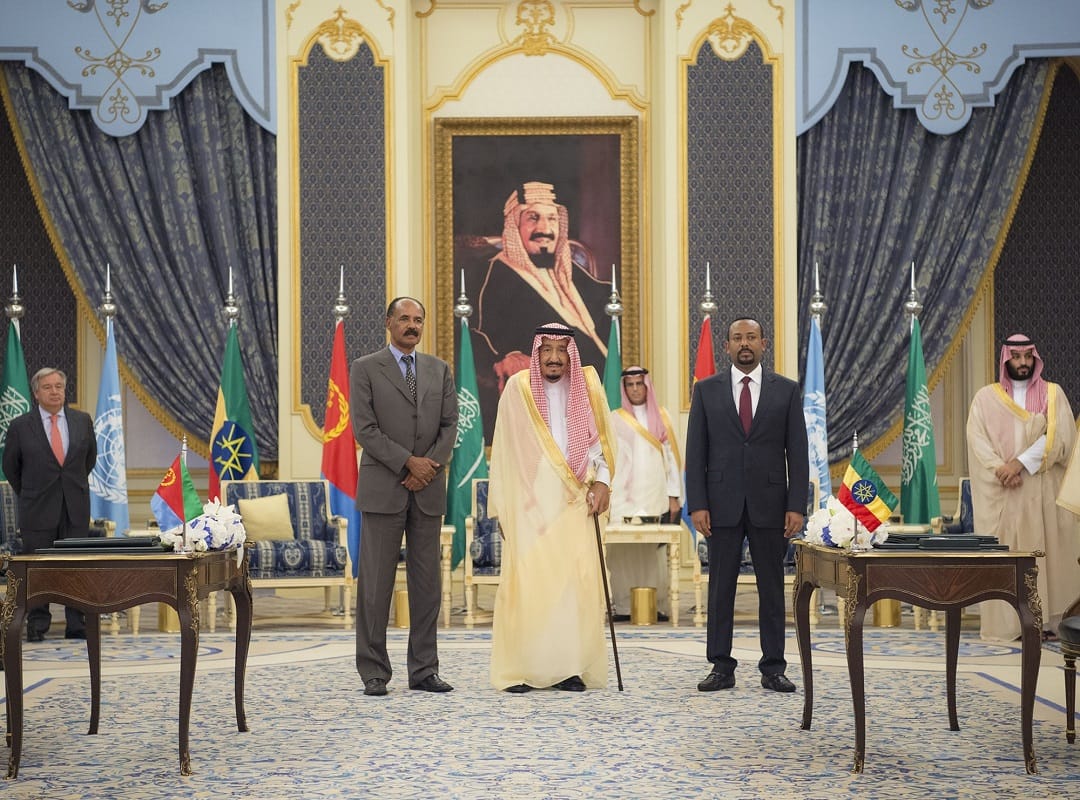Opposition political parties and leaders have consistently called for political reforms and leadership changes through legal and parliamentary means. They have accused President Museveni of election irregularities, human rights violations, and corruption.
Despite these persistent efforts, President Museveni and the National Resistance Movement (NRM) maintain a strong grip on power in Uganda. President Museveni has held office since 1986 and has won multiple re-elections, leading to allegations of election manipulation and opposition intimidation.
In an interview with a local news portal, Asuman Odaka, the Secretary General of the National Economic Empowerment Dialogue (NEED), indicated that all signs point to the possibility of President Museveni’s departure from power before 2026.
Asuman Odaka, who hails from Tororo, recounted his personal background, upbringing, and the inspiration behind his foray into politics, citing the inadequacies in Uganda’s healthcare sector as a significant motivator.
Regarding NEED’s preparations for the 2026 general elections, Odaka explained that they are focused on building grassroots structures and ensuring that every position in the country is contested.
The response to NEED’s message on economic empowerment has been positive, with growing support from people across the country. Odaka believes that fostering equal opportunities can unite Ugandans and remove barriers to economic empowerment.
Addressing accusations of sectarian messages from NEED and its party president, Joseph Kabuleta, Odaka defended their stance, emphasizing their commitment to equal opportunities for all Ugandans.
Odaka noted that Uganda is in a transitional phase, with discussions on moving from one era to another. He stressed the importance of a unified approach, calling for opposition unity and a candid conversation about the country’s future.
In Odaka’s view, anniversaries like Uganda’s 61st independence celebration should serve as a reflection on the country’s journey and spark conversations about its continuity and governance structure.
Regarding Dr. Tanga Odoi’s statement about Uganda’s governance, Odaka disagreed with the assertion that the current government would have been better in power since 1962. He highlighted challenges in healthcare, education, and other sectors under Museveni’s rule.
Odaka believes that the focus should be on addressing systemic issues rather than just removing Museveni from power. He emphasized the need for opposition unity to bring about meaningful change.
Regarding the possibility of Gen Muhoozi Kainerugaba becoming president, Odaka expressed no objections if he adhered to the law. However, he criticized Muhoozi’s approach, emphasizing that Uganda is not a monarchy.
Odaka acknowledged that discrediting Museveni abroad could be an effective strategy to weaken his regime, given its reliance on various pillars, including the foreign front.
Concerning the risk of political anarchy due to Museveni’s and Muhoozi’s actions, Odaka pointed out the potential for discontent within the military ranks, leading to confrontation.
Despite challenges, Odaka believes that elements within the opposition can unite to confront the existing regime. He urged the opposition to stay focused and listen to the concerns of ordinary Ugandans.
Finally, Odaka expressed disappointment with the current Ugandan Parliament, which he viewed as a rubber stamp for President Museveni, passing laws and decisions that disappoint the citizens.



















